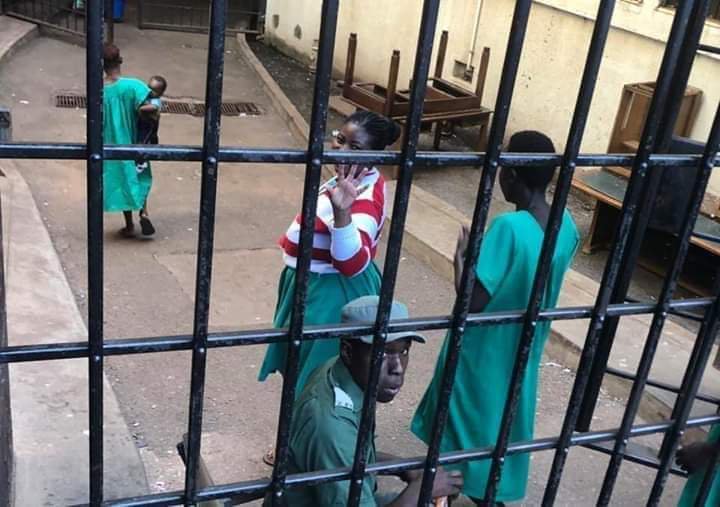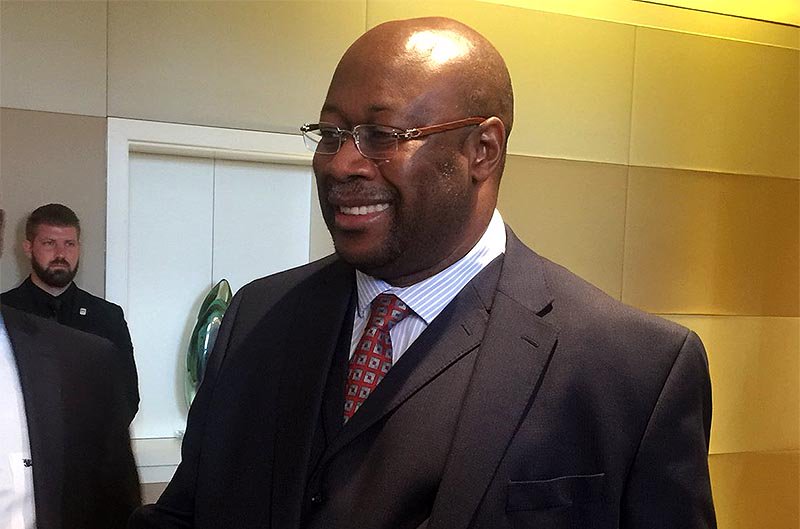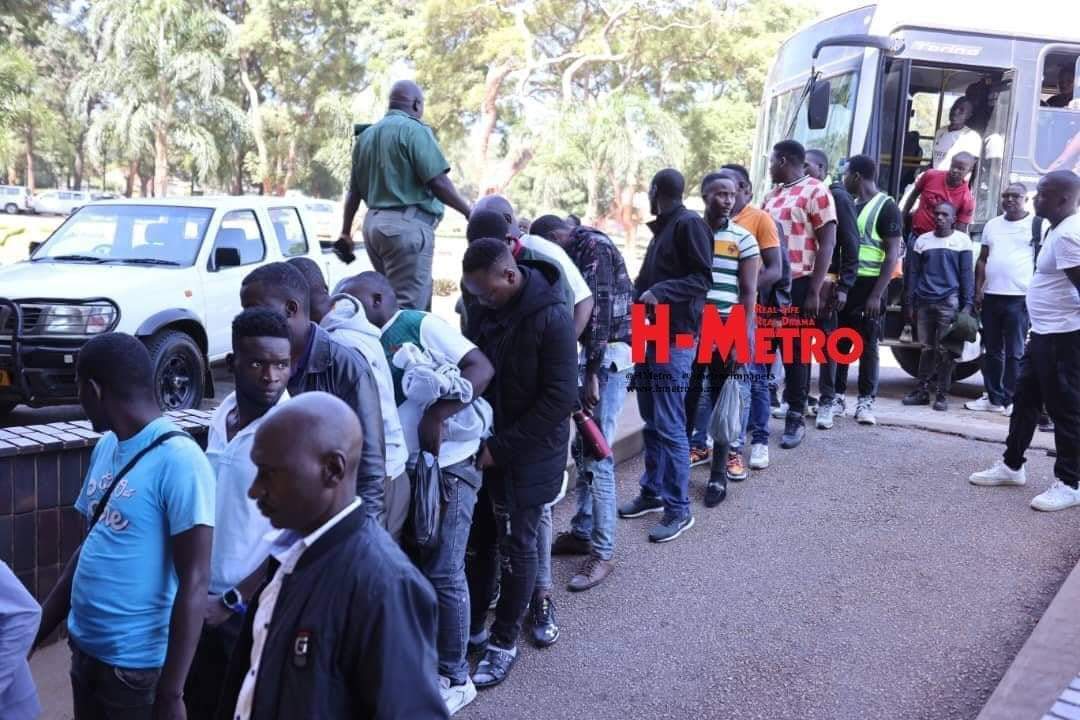HARARE – MDC MP Charlton Hwende was arrested on Tuesday and charged with treason, while a court rejected a refusal of remand application by another MP Joana Mamombe, who was arrested last Saturday on the same charges.
Kuwadzana MP Hwende, who has spent several weeks in Namibia, was arrested at the Robert Mugabe International Airport and is due to appear in court on Wednesday.
Hwende and Mamombe, MP for Harare West, are the latest opposition MPs to be arrested on subversion charges for allegedly asking constituents to support anti-government protests crushed by the military in January.
The MPs face 20 years in prison if convicted.
Harare magistrate Rumbidzai Mugwagwa, after listening to arguments by Mamombe’s lawyers on Monday, ruled on Tuesday against throwing out the charges on the basis that her arrest was unlawful and she had been brought to court after the 48 hours stipulated by law.
The magistrate ruled that Mamombe, who was seized while attending parliamentary business in Nyanga, was arrested by police officers who identified themselves to the Speaker of Parliament Jacob Mudenda.
The magistrate also threw out defence arguments that Mamombe had been brought to court after 48 hours. Mugwagwa said it had not been possible to get her into court at 8AM due to a case pile-up.
Finally, the magistrate found there was reasonable suspicion Mamombe – the youngest MP at age 25 – committed the offence.
Her lawyers are set to ask the High Court to grant her bail.
Dozens of opposition officials, labour leaders and activists have been arrested following the protests over a sharp rise in fuel prices and deteriorating economic conditions. Pastor Evan Mawarire and labour leaders Japhet Moyo and Peter Mutasa also have been charged with subversion.
Police say over 1,000 people were arrested.
President Emmerson Mnangagwa has accused Western countries of engineering the protests to oust his government.
The U.S Embassy last week said that “harassment and targeted arrests of civil society leaders damage Zimbabwe’s reputation and economic future.”















